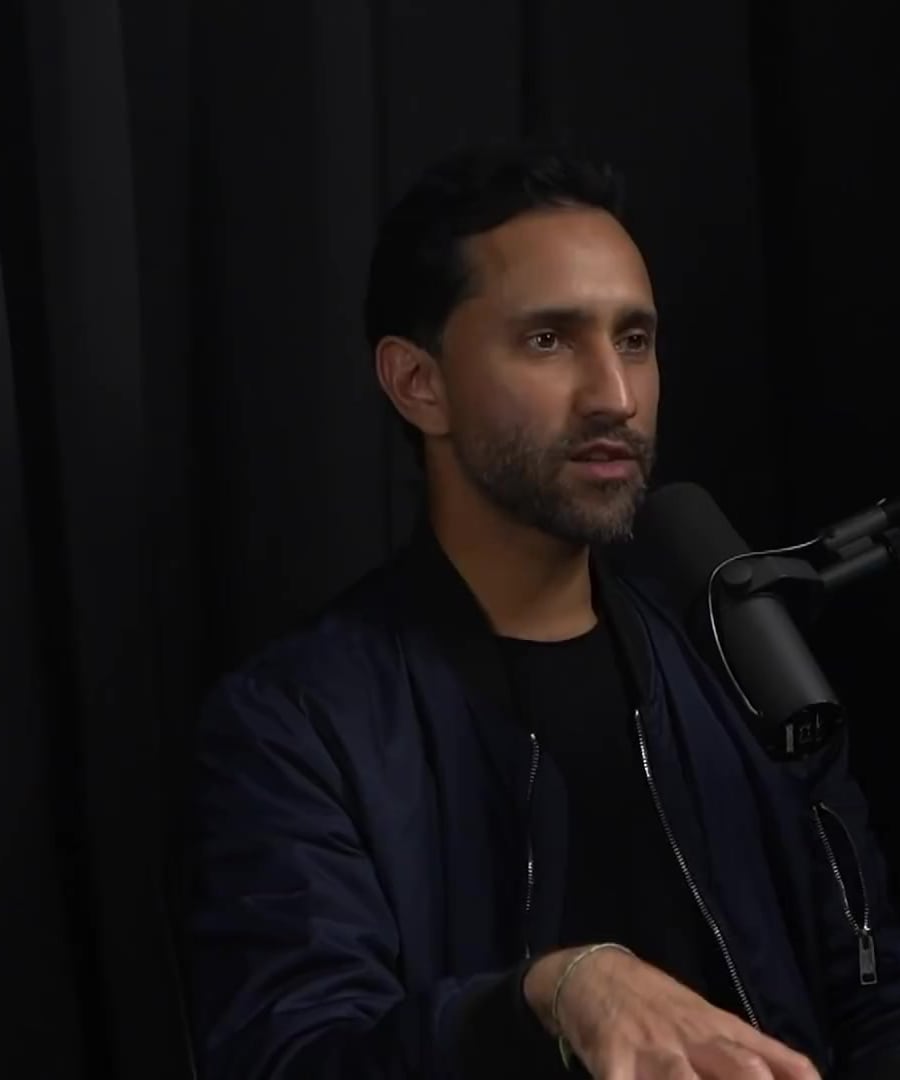is it more beneficial to eat high protein diet as we get older or to reduce protein in order to slow mTOR response?
Sources:
As individuals age, the balance between protein intake and mTOR activation becomes a nuanced topic. Here is what experts highlight about this:
-
Protein and Aging: suggests that while aging can be influenced by protein intake due to the mTOR pathway, it is crucial to balance the right type and amount of protein. As people age, particularly over 65, they actually need more protein to support muscle maintenance and prevent sarcopenia, which is the age-related loss of muscle mass 1 2.
-
mTOR and Longevity: The mTOR pathway is associated with stimulating growth and could potentially accelerate aging if chronically activated. However, in humans, higher protein intake has been associated with better muscle mass, improved glucose regulation, and lower mortality rates in older adults 3 4. Muscle mass is a crucial predictor of longevity, as it aids in maintaining strength and preventing falls in the elderly 5.
-
Diet and mTOR Regulation: It's not just protein but also insulin from starch and sugar that can activate mTOR. Therefore, managing carbohydrate intake and ensuring adequate protein is essential. A balance of protein intake, possibly supported with intermittent fasting, can help inhibit mTOR at times to promote autophagy, balancing growth and longevity processes 6 4.
In conclusion, while cautious attention to protein intake is wise to manage mTOR's effects optimally, completely restricting protein is generally not recommended for older adults. Instead, maintaining adequate protein supports muscle health and contributes to overall longevity, with lifestyle adjustments like meal timing and balanced diets playing a crucial role.
RELATED QUESTIONS-


